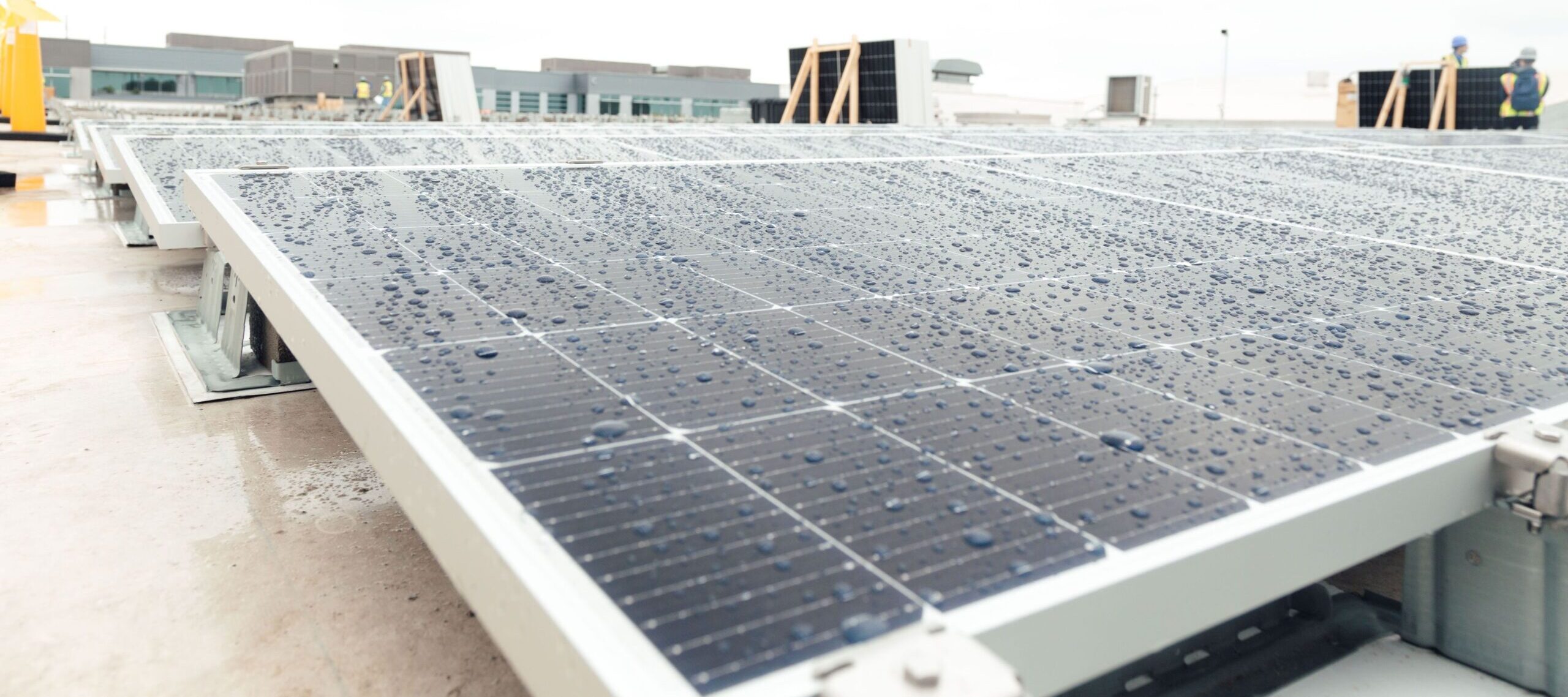Non-profit organizations play a vital role in society by providing a range of services and support to communities around the world. But as non-profits strive to make a difference, they also need to keep track of their finances to ensure that they can continue to operate and provide valuable services. One way for non-profits to save on their energy costs and contribute to the environment is by installing solar panels. Often schools, other places of learning and NPOs have an optimal building for going solar. Couple that with additional grants and government support and they are likely to see an ROI faster than any other commercial solar application. This article will discuss the benefits of solar panels for non-profit organizations.

1.) Reduced Energy Costs
The primary benefit of solar panels is the reduction in energy costs. Non-profit organizations can save a substantial amount of money by generating their electricity through solar panels. Solar panel systems can power everything from lights and air conditioning to computers and other electronic devices. By reducing their dependence on the grid, non-profits can lower their energy bills and divert funds to other essential areas of their operations.
2.) Direct Pay Tax Incentives
Regardless of whether they are tax paying entities or not, non-profit organizations may be eligible for federal tax credits when they install solar panels. The federal government offers a tax credit of 30% of the total cost of the solar panel system. This tax credit can offset much of the installation cost, helping non-profits to access solar energy systems more affordably. As part of the new Inflation Reduction Act, non-profits are able to elect to receive the equivalent tax credit as a direct payment from the IRS.
3.) Local Grants & Rebate Incentives
In many locations, local jurisdictions and energy companies have programs in place to help incentivize non-profits to install solar panels. These can range from direct grants, to lump sum cash rebates to more attractive buy back rates for the solar power produced by their system.
4.) Stable Energy Prices
Solar panels provide non-profits with a stable source of energy. By generating their electricity, non-profit organizations do not have to worry about fluctuations in energy prices or the risk of power outages. Solar panels also have a long lifespan, meaning that non-profits can enjoy cost savings for many years to come.
5.) Positive Impact on the Environment
Non-profit organizations are often committed to making a positive impact on the environment. Installing solar panels is an excellent way for non-profits to reduce their carbon footprint and promote sustainable practices. By generating clean energy through solar panels, non-profits can reduce greenhouse gas emissions and contribute to a healthier planet.
6.) Enhanced Reputation
Non-profit organizations that go solar can attract positive media attention and gain recognition for their commitment to environmental sustainability. By demonstrating a commitment to green energy, non-profits can enhance their reputation and inspire others to take action towards sustainability.
In conclusion, non-profit organizations can benefit significantly from solar panels. By reducing energy costs, accessing tax incentives, enjoying stable energy prices, contributing to the environment, and enhancing their reputation, non-profits can continue to make a positive impact on society while also reducing their carbon footprint.
Axis Solar is an Austin-Based Solar company that specializes in Commercial Solar Engineering, Procurement & Construction. If you’d like more information about installing solar panels on your commercial building or property, please contact us at (512) 501-4084 or email Help@Axis-Solar.com.
